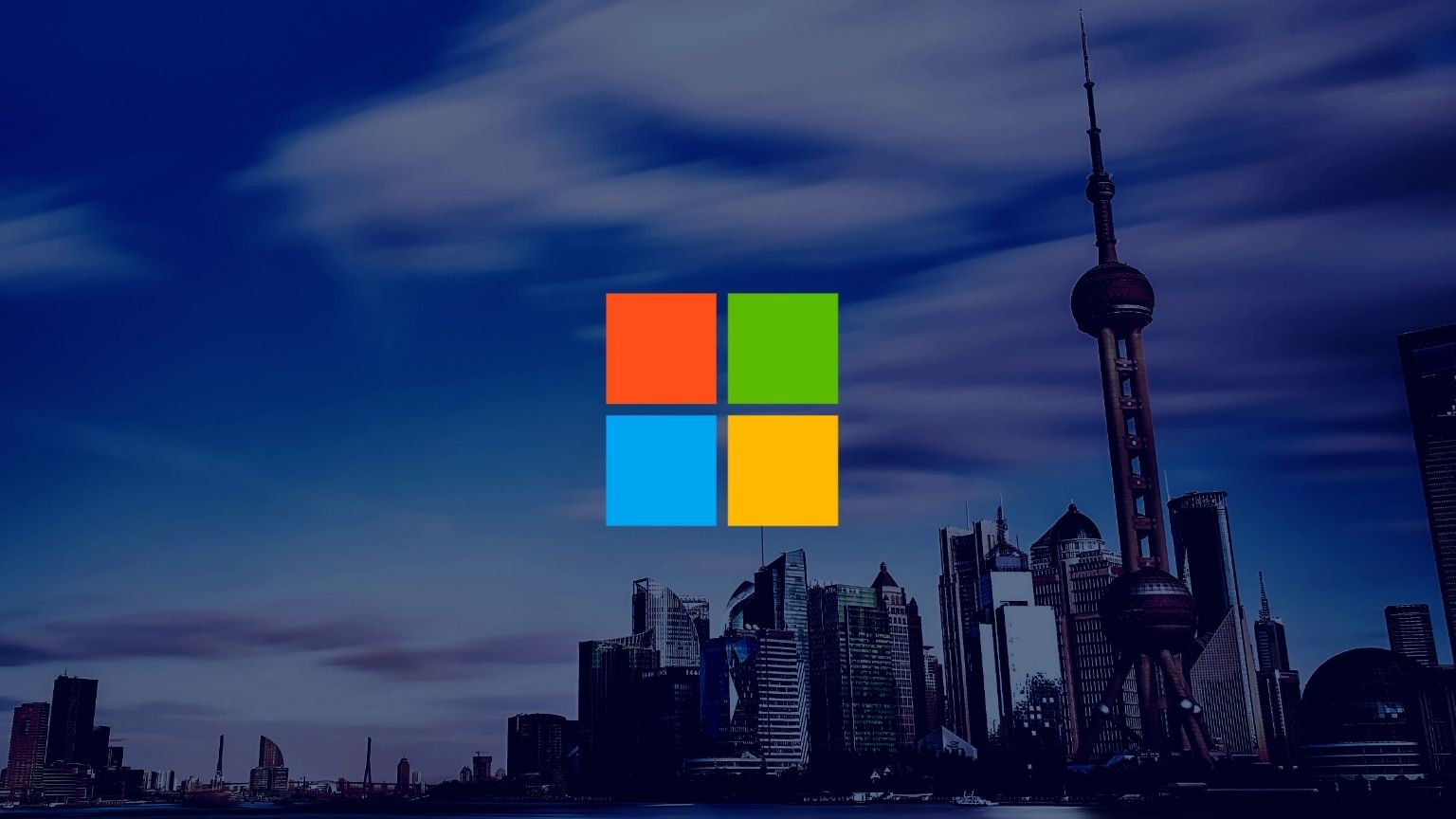According to some researchers, Microsoft continues to look for, and find ways to cozy up to the Chinese authorities. This time, the behemoth is accused of censoring content frowned upon by Beijing in its search engine, Bing.
Given China’s history of online censorship this is on the face of it not a particularly newsworthy piece of information – except Microsoft is allegedly doing this in search results shown to US users.
Judging by some previous cases, such as the one involving Microsoft platform LinkedIn, the motivation here is money – China represents a huge market that many US tech companies find irresistible, and are willing to abandon their own proclaimed values for a piece of that lucrative pie.
For example, a couple of years ago Google was about to launch a search engine designed only for the Chinese market and respecting its many restrictions, but had to abandon – or suspend – the plans amid criticism. And Apple has been the center of a number of controversies where it was accused of falling in line with Chinese censorship in order to preserve its presence in the market and the hardware supply chain.
University of Toronto Munk School of Global Affairs Citizen Lab now says that its researchers used statistical techniques that ruled out politically sensitive Chinese names that might have been censored in the US by Bing randomly.
“Rather, their censorship must be the result of a process disproportionately targeting names which are politically sensitive in China,” Citizen Lab stated in a new report.
The research, carried out last December, showed that 93.8% of “Chinese political” names in Chinese characters typed into Bing were censored from the US, while the same was true of only 6.2% “not Chinese political” names, also in Chinese characters, also from the US.
To Citizen Lab, this is effectively proof that Bing, i.e., Microsoft, is in fact censoring Chinese politically sensitive names, in searches performed from the US.
Microsoft is a rare Western tech giant that is able to do business in China, but only by complying with Chinese law and censoring search results to leave out topics, people or events that Beijing wants to suppress.
“However, there is no legal reason for the names to be censored in Bing autosuggestions in the United States and Canada,” said Citizen Lab.
Microsoft, however, denies any intent here: instead the giant says that much of the report’s findings were not reproducible by its engineers, while there was “a technical error where a small number of users may have experienced a misconfiguration that prevented surfacing some valid autosuggest terms.”










